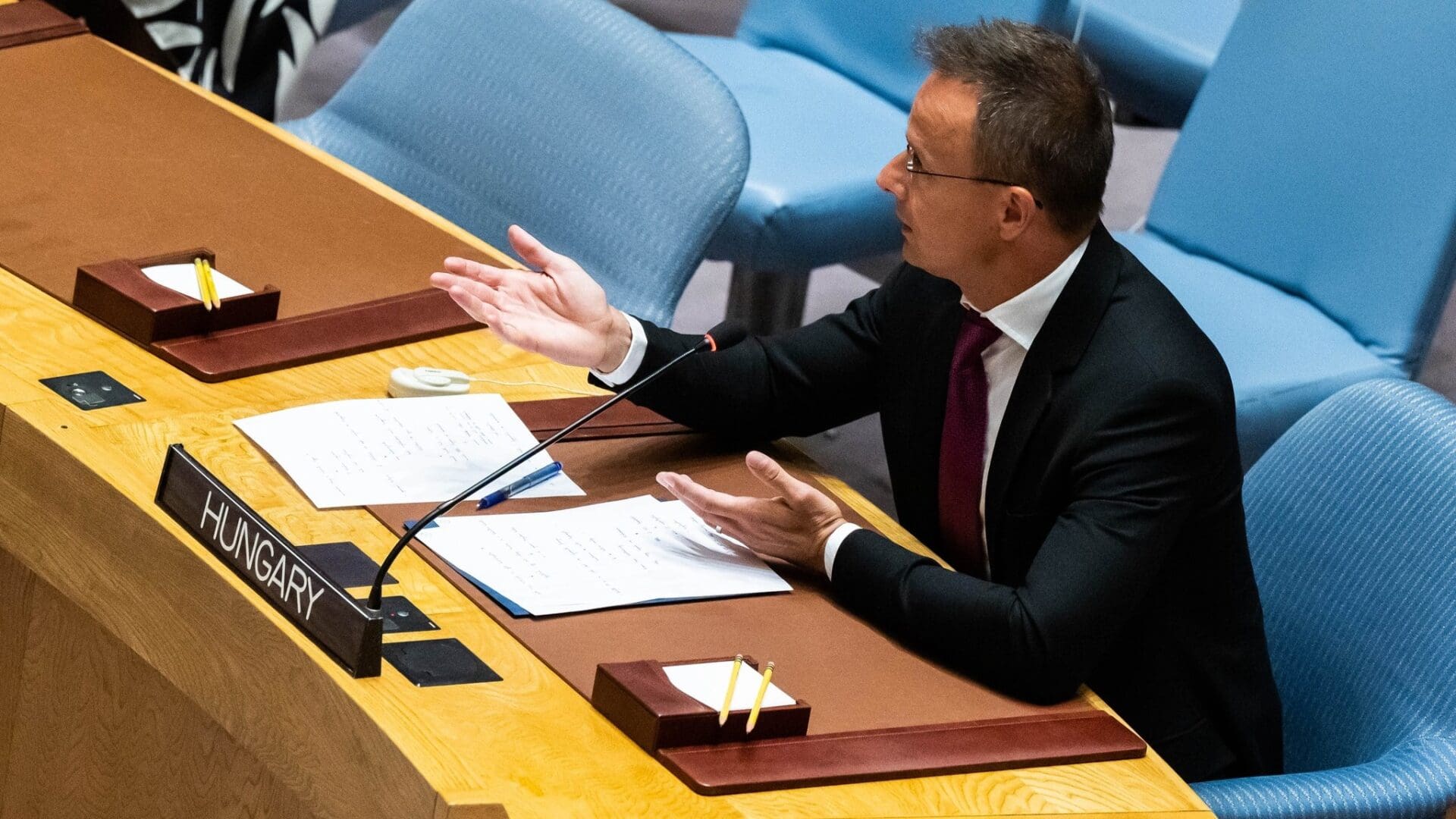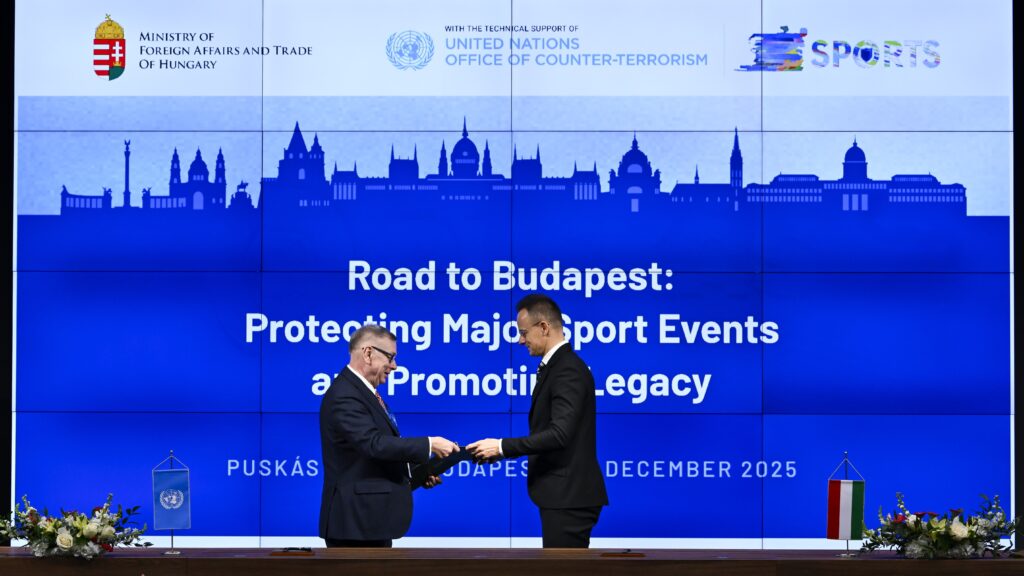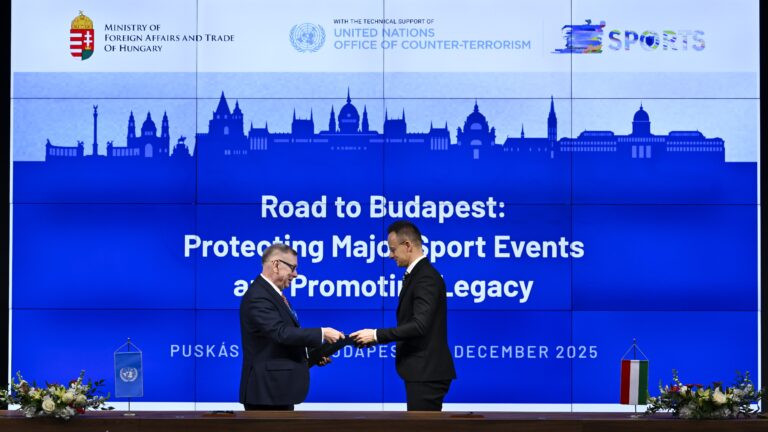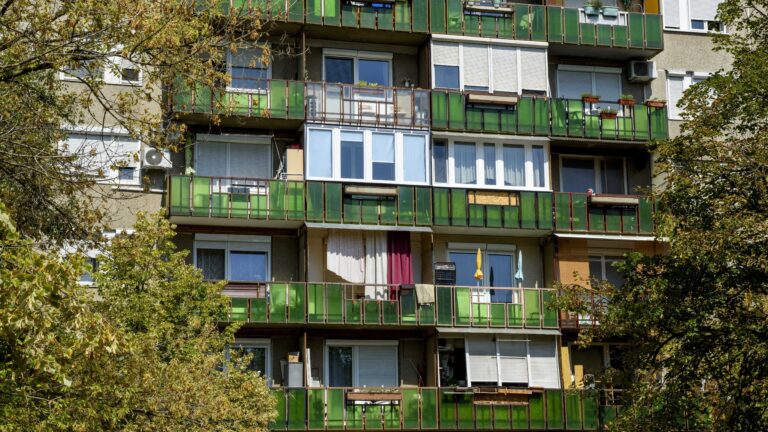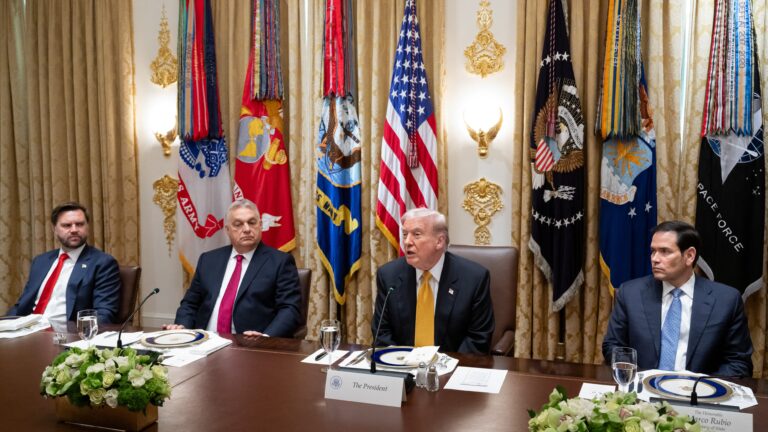As a neighbouring country, Hungary continues to stand for a swift peace in Ukraine, and despite all criticism and attacks, it will do so in the future as well, Minister of Foreign Affairs and Trade Péter Szijjártó stressed in his remarks at the United Nations Security Council (UNSC) meeting in New York.
The minister reminded that Hungary represents a country that has lived in the shadow of a war in its neighbourhood for more than five hundred days, and thus faces the negative consequences in an extremely severe and direct manner. ‘The Hungarian people have already paid a high price for the war, while bearing no responsibility for it,’ he pointed out. ‘As a representative of a neighbouring country, a nation whose members fall victim to this war, we still want to advocate for a speedy peace, even though I understand that this is not completely in line with the mainstream position. And we will continue to do so, even if we are criticised and attacked for our stance,’ he declared.
Péter Szijjártó stated during the UNSC session on the situation in Ukraine that
the resolution of the armed conflict is not to be found on the battlefield but at the negotiating table.
After the speech of his Ukrainian counterpart, he emphasised that it is often heard that the conditions for commencing negotiations on a diplomatic settlement are not yet given. However, the chances of such conditions materialising are deteriorating day by day. The longer the war lasts and the more weapons arrive, the more people will die, and the more severe the devastation will become, he underscored.
Ülésezik az ENSZ Biztonsági Tanácsa | Ülésezik az ENSZ Biztonsági Tanácsa | By Szijjártó Péter | Facebook
5.9K views, 563 likes, 88 loves, 155 comments, 77 shares, Facebook Watch Videos from Szijjártó Péter: Ülésezik az ENSZ Biztonsági Tanácsa
‘We would like the international community to deliver more peace to our neighbourhood than weapons,’ he stated. The minister warned that by cutting off communication channels, the world would give up hope for peace. In this regard, he welcomed every effort aimed at peacebuilding and praised the Vatican, Turkey, and African states for their mediatory role.
Regarding the African continent, he emphasised the importance of food security, stating that disruptions in the food supply can easily lead to serious security challenges, which can have global implications, such as further waves of migration
and an increase of the risk of terrorism.
‘We can see that we are struggling to cope even with one security challenge, so how could we handle more?’, the minister asked.
Finally, he stated that global security is in a worse condition than ever in the past eighty years, with some actors openly and shamelessly cite their nuclear capabilities as leverage, adding that the risk of the outbreak of a third world war is higher than ever before. The minister also opined that the world is rapidly heading towards a renewed bloc formation, something Central Europe has very negative experiences with, as the region has always lost out in the conflicts between the East and the West.
‘When we argue for civilised East-West cooperation…we do so because it is in our national interest,’ he declared. ‘And the longer the war lasts, the smaller the chance for this.’
Related articles:
Source: MTI

